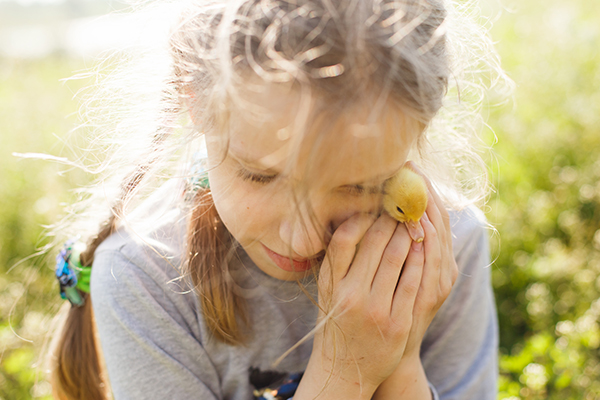The anxiety of death is accompanied by the whole life of the person. Children begin to feel the first time they feel death, and they will have questions and puzzles. And smart children know how to learn adults, maybe they will keep silent with adults, and some will say their doubts about death, but most parents will avoid talking, and some parents will find some words to comfort the children.
After that, the child’s death anxiety will be suppressed under the unconscious, and will erupt on a large scale after entering puberty. Many teenagers will start thinking about death again from this time, and they will think about dealing with death anxiety.
In fact, no matter what age, you can easily feel death because there are many things in life that remind us to see death. The understanding of death and the need to cope in each period are different.
Children 0-2 years old have no cognitive understanding of death, but feel sad because of separation anxiety. Therefore, parents need to maintain the regularity of children’s lives, avoid separation from important people, and if necessary, can also bring children familiar items and toys to slow down their separation anxiety.
Children 2-6 years old believe that death is temporary and reversible. They may ask questions that reflect this point of view. During this period, it is important to provide them with simple and straightforward explanations, avoid euphemisms, correct misunderstandings, and remind them that their loved ones will not return.
Children 6-8 years old understand that death is final and irreversible, but does not believe it is universal or may occur to them. Children are often afraid of death and worry about the safety of other loved ones. For children of this period, in addition to providing clear and authentic information, children can also participate in funerals.
In the process of children recognizing death, attending a funeral has a profound impact on them. By two years after the funeral, when they were all interviewed, most children could reflect on the ceremony and talk about it with a more mature understanding. They know in their own way that they expressed their respect for their parents there, and it is important to see them the last time and help them to accept death there. Older children can express themselves more clearly than younger children, but the basic information is the same.
Children aged 8-12 have been able to understand the biological aspects of causality and causality. They tend to think about death sensibly because many people have not yet learned to recognize and deal with emotions. They may have a pathological curiosity, often interested in body details during death and religious and cultural traditions surrounding death. The ability to identify causality leads to a sense of guilt; this feeling should be explored and addressed. To promote your emotional identity, talk about your own feelings about death and give your child an opportunity to discuss death. Children should also be allowed to participate as much as possible to see dying patients and participate in activities surrounding death.
Adolescents aged 12-18 have an adult understanding of death. They are cultivating the ability to think abstractly and are often curious about the meaning of death. They often reject adult rituals and support and feel that no one understands them. They may engage in high-risk activities to more fully challenge their mortality. They usually have a strong emotional response and may be difficult to recognize and express emotions.
As the years go by, teenagers step into the adult world, there will be a lot of life lessons to consume their energy. It is enough for them to toss for decades, to build a family, to establish a career, and to have children. When the children grow up and leave home, they will be in the mid-life crisis. In fact, the middle-aged crisis is also the outbreak of death anxiety. At this time the middle-aged can no longer turn a blind eye to death.

